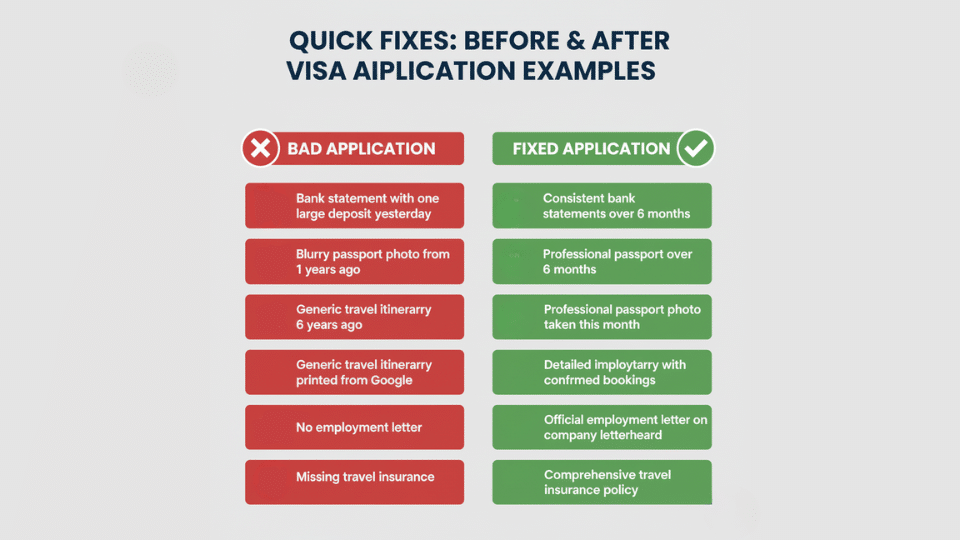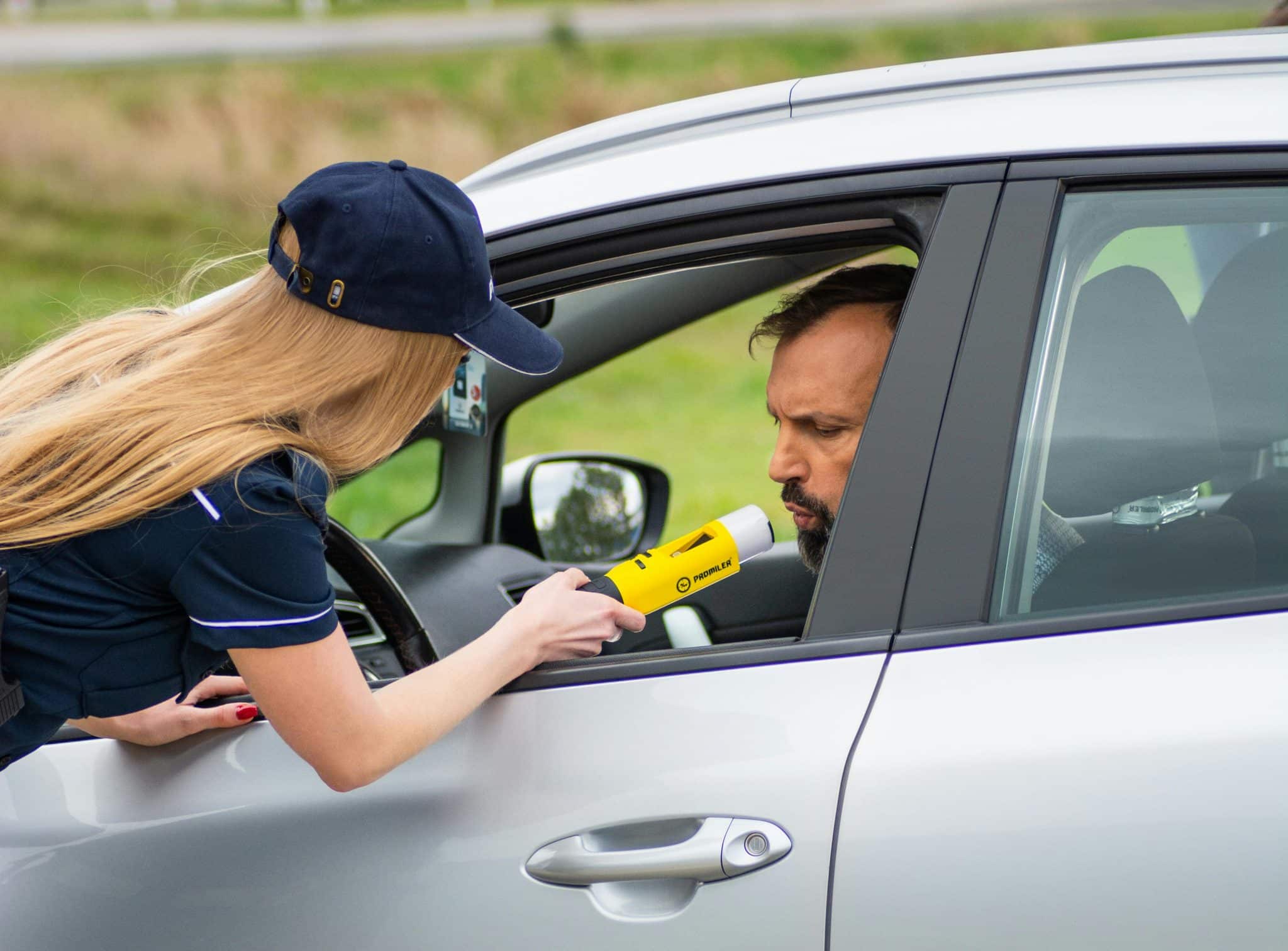Ever wondered why so many visa applications get denied? Every year, millions of people face the heartbreak of visa refusal.
The waiting, the hope, the crushing disappointment when that rejection letter arrives.
Here’s the truth: most visa denials happen for reasons you can control. Missing documents, weak financial proof, or simple mistakes that could have been avoided.
Understanding Why Visas Get Denied
Visa officers review hundreds of applications every day. They follow strict guidelines set by immigration laws.
Their job is to protect their country’s borders while allowing genuine travelers to visit. Each denial has a specific reason behind it.
Most rejections fall into five main categories that you can prepare for. Knowing these categories helps you build a stronger application from the start.
The following sections break down each reason and show you exactly what to do differently.
1. Insufficient Financial Proof
Money talks, especially to visa officers. Embassies want to ensure that you can afford your trip without resorting to illegal work or becoming a financial burden. When your financial documents are weak, a visa refusal due to insufficient funds becomes your reality.
Immigration officers look for three key things when checking your finances. First, they want to see a stable income that can cover all your travel expenses.
Second, you need sufficient savings to cover the cost of your entire trip without needing to work. Third, your bank statements should show consistent activity without sudden, large deposits that look suspicious.
Documents That Actually Work:
- Recent bank statements (last 3-6 months)
- Employment letters with salary details
- Tax returns from previous years
- Investment portfolios or property ownership
- Sponsor letters with financial backing (if applicable)
Pro Tip: Avoid depositing large sums immediately before applying. This looks suspicious. Build your account balance gradually over months.
2. Incomplete or Incorrect Documents
Missing a single document can sink your entire application. Officers process hundreds of files daily. They don’t have time to contact you for missing papers. Visa rejection due to incomplete documents happens more often than you think.
Common Document Mistakes & Solutions:
- Expired passports: Get a valid passport with 6+ months remaining and blank pages for stamps
- Old photos: Take recent passport photos within the last 6 months that match your appearance
- Unsigned forms: Complete all application forms fully and sign everything required
- Wrong visa type: Research requirements carefully and apply for the correct visa category
- Wrong copies: Submit original documents when specified, not photocopies
3. Weak Travel History or Previous Overstays
Your passport tells a story about who you are as a traveler. A blank passport with no stamps looks suspicious to immigration officers. Previous overstays or visa violations create major red flags. Officers worry you might stay illegally and never return home. When visa refusal travel history becomes your problem, it’s because you can’t prove you’re responsible.
Building Strong Travel History & Fixing Past Issues
- Start with easier destinations: Build clean records with visa-free countries first
- Travel to developed countries: Visits to established nations strengthen credibility
- Return home on time: Always respect visa dates and keep travel documents as proof
- Be honest about past overstays: Admit mistakes and explain circumstances with supporting documents
- Show changed situation: Prove new ties like jobs, family, or property
- Consider hiring a lawyer: Get help for complex cases with multiple overstays
4. Section 214(b) Refusals (U.S. Context)
In U.S. visa applications, Section 214(b) means officers think you plan to stay permanently. This is the most common reason for tourist visa denials. To avoid a Section 214(b) refusal, you must prove strong ties to your home country.
What Are Strong Ties?
1. Strong ties prove you have good reasons to return home after your trip. Immigration officers look for connections that would be hard to leave behind.
2. Family ties include your spouse and children living at home, parents or siblings who need your care, or family businesses you help run.
3. Work ties mean having a stable job with good pay, owning your own business, holding professional licenses, or having important projects waiting for you.
4. Money ties involve owning property, maintaining bank accounts and investments, having loan payments due, or regular bills that need your attention.
5. Social ties cover your involvement in community groups, club memberships, volunteer commitments, or active participation in religious organizations.
5. Administrative or Security Concerns
Sometimes refusals happen due to administrative processing delays or security checks. These aren’t always permanent rejections, but they can feel that way.
Common Administrative Issues:
- 221(g) Refusal: You need additional documents. Please submit the requested papers as soon as possible.
- Administrative Processing: A background security check is in progress. Please wait patiently and refrain from reapplying.
- Consular Review: Your case requires approval from a supervisor. Provide any extra evidence they request.
- Technical Issues: System problems or processing errors occurred. Contact the embassy directly for clarification.
To resolve the administrative processing delay, please remain patient and respond promptly to any requests. Avoid submitting new applications while one is under review.
Common Visa Application Errors and Their Solutions
To streamline the visa process and significantly improve your chances of approval, review this side-by-side comparison of common application pitfalls and their professional fixes.

A successful visa application requires complete and credible documentation.
Common rejection triggers include bank statements showing only recent large deposits, outdated or blurry passport photos, generic unbooked travel itineraries, and missing employment letters or travel insurance.
For approval, provide six months of consistent bank statements, recent professional passport photos, detailed itineraries with confirmed bookings, official employment letters on company letterhead, and comprehensive travel insurance.
Complete, current, and verifiable documentation prevents delays and rejections.
Answer These Questions Before You Apply for a Visa
Before you submit your application, take this quick self-assessment to identify potential red flags.
1. Can you show 3+ months of consistent income?
If you can’t demonstrate a consistent financial history, focus on strengthening your financial documentation first. Gather bank statements, employment letters, and other proof of stable income before applying.
2. Do you have strong reasons to return home?
Without compelling ties to your home country, visa officers may doubt your intentions to return. Work on building stronger connections through employment, family responsibilities, property ownership, or other commitments that require your presence at home.
3. Have you ever overstayed a visa?
Previous overstays create red flags in your application. Be prepared to provide detailed explanations of past circumstances and demonstrate how your situation has changed. Show evidence of stronger ties and compelling reasons why overstaying won’t happen again.
4. Are all documents complete and accurate?
Incomplete or incorrect paperwork leads to automatic rejections. Double-check every document, verify all information is current and accurate, and ensure you haven’t missed any required materials before submitting your application.
Final Step: If you can confidently address all these areas with strong supporting evidence, you’re likely ready for a successful visa application.
Bottom Line
Visa approval relies on avoiding common reasons for denial, including insufficient financial proof, incomplete documentation, a weak travel history, and failure to demonstrate strong ties to one’s home country.
Visa officers must follow specific guidelines to confirm your qualification, not to reject you. Success requires addressing these pitfalls proactively.
Prepare thoroughly by gathering strong, supporting documents and presenting a compelling case that proves your intent to return home after your visit.
The approach must be honest, thorough, and strategic.
Use any past rejection as a learning experience to strengthen your next application. Share your journey in the comments to help the community learn and succeed.





































